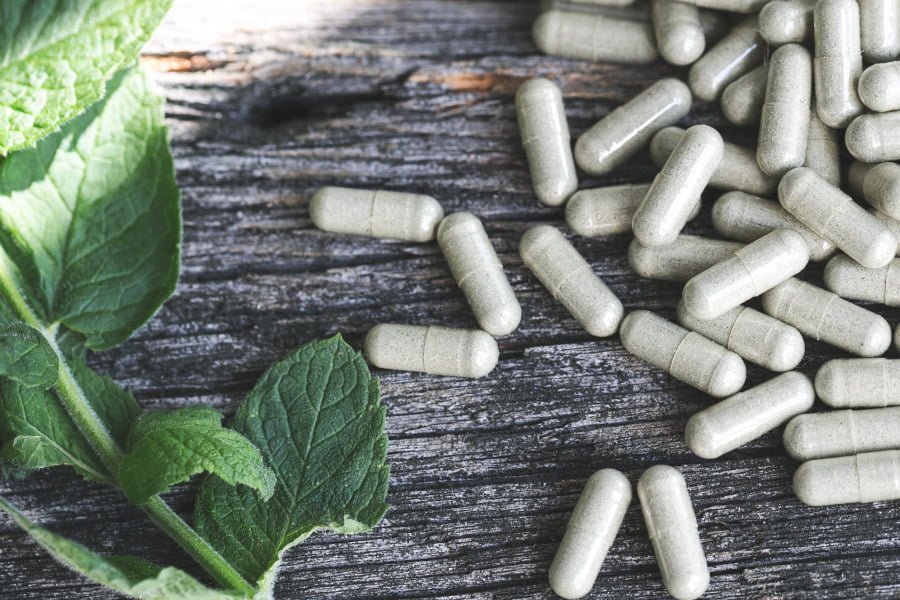We are continually bombarded with a never-ending avalanche of pills and potions. Plus, you’d almost need the bank account of …
No doubt you’ve heard of Green Tea and the health benefits you can experience from drinking it. Are you giving your family …
One of the first things that happens when a woman visits a doctor either in a visit to discuss becoming …
A key ingredient to improving your lifestyle and living a healthy life is antioxidants. There are several antioxidant supplements out there …
As a person ages it’s more arduous to find the time and drive to exercise. Add to that the fact …
While there is some information available about minerals, it is not as prevalent as what is published about vitamins. Despite the reports …
There is a lot of discussion about the B complex vitamin and how it is essential for the body to perform a …
Liquid nutrition products like Ensure ™ and Boost ™ have been used almost exclusively in nursing homes and hospitals, until recently. …













